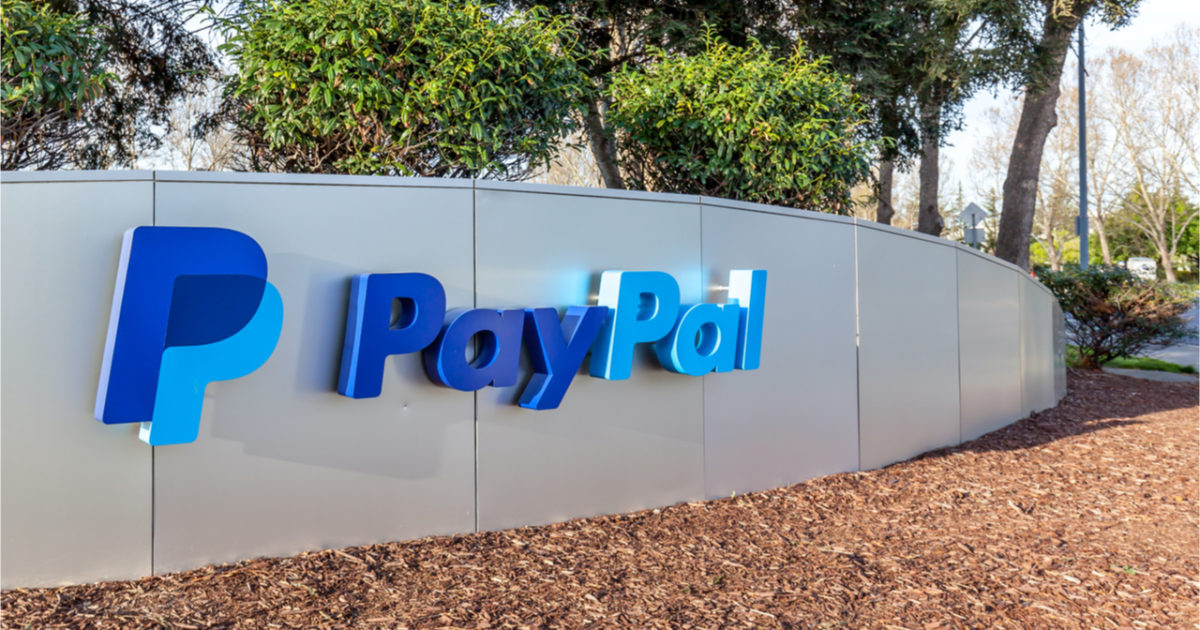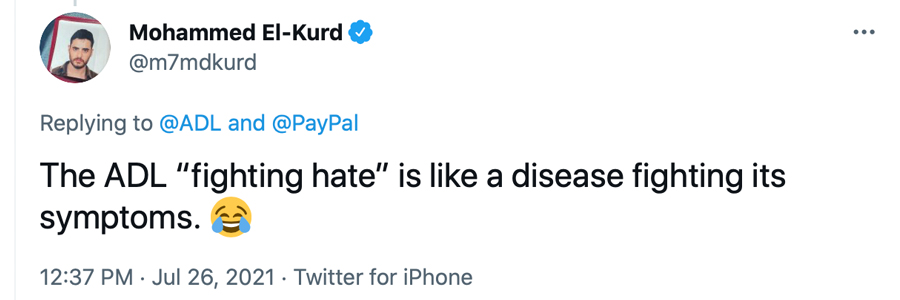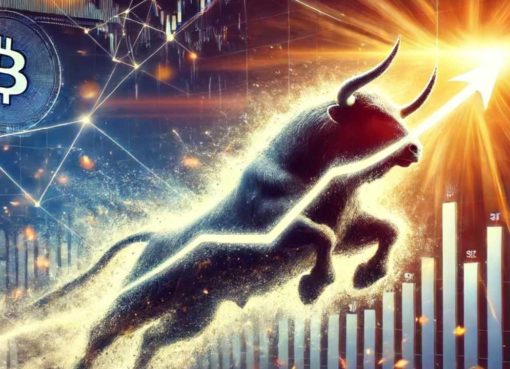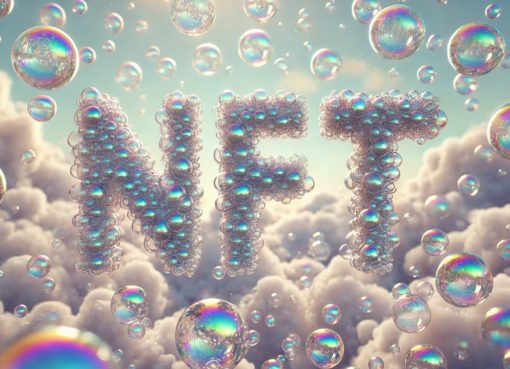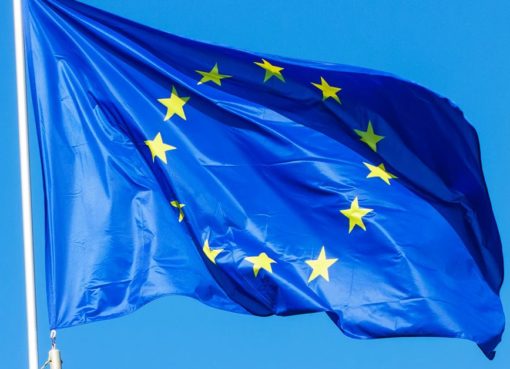The payment processing giant Paypal has revealed it has partnered with the nonprofit organization the Anti-Defamation League (ADL). According to the announcement, Paypal is researching transactions settled on the payment network that allegedly fund hate groups and extremism.
Paypal to Study Transactions With the Anti-Defamation League
A report from Reuters notes that Paypal is studying transactions that involve “extremists” and that fund “hate movements.” The company will investigate and disrupt the financial flows that support specific hate groups and alleged “anti-government organizations.” The announcement notes that the initiative will be completed via ADL’s Center on Extremism.
According to Paypal’s chief risk officer and executive vice president of risk and platforms, Aaron Karczmer said the company has been working on “sophisticated systems” that help curb illegal activities.
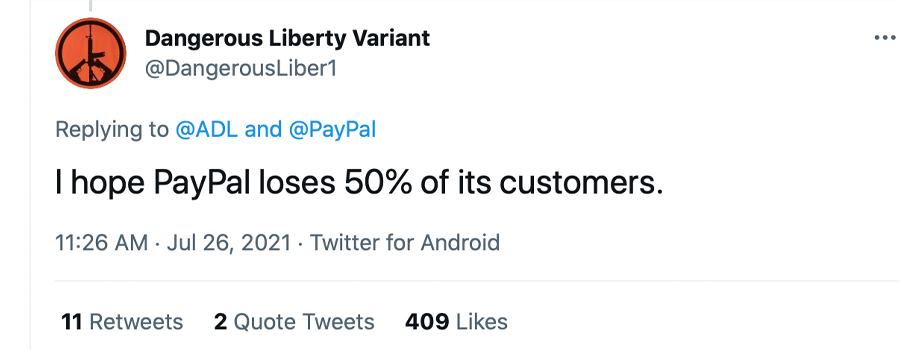
Karczmer hopes this previous knowledge and the current systems can help create a “positive social impact.” The centralized payment processor has been known to censor transactions for quite some time. In 2010, Paypal froze the account tethered to the whistleblowing web portal Wikileaks and caused an uproar.
The combination of Mastercard, Visa, Paypal and others using a financial blockade against Wikileaks was controversial and the actions drove the website to accept bitcoin donations. In 2016, male escorts in the UK leveraged bitcoin to bypass Paypal censorship. In 2019, Paypal stopped servicing Pornhub models and by January 2020, Paypal suspended all Pornhub accounts. In September 2020, Paypal’s sophisticated infrastructure censored merchants selling tardigrade merchandise.
Extremism Considered a Slippery Slope and Debatable
The ADL’s definitions of extremism and hate are also quite debatable. For instance, five years ago the ADL classified the famous Internet frog meme “Rare Pepe” as a hate symbol. This caused the meme to get blockchained and turned into an immutable collection of non-fungible tokens.
Moreover, the ADL’s definitions of anti-government organizations being dubbed extremists are also considered extreme by those who believe in libertarianism and think that governments are currently corrupt. The latest move by Paypal and ADL has already been criticized by activists, libertarians, and even bitcoiners.
“Bitcoin derives its value from censorship resistance,” a Redditor on the subreddit r/bitcoin said on July 26. “Paypal, your days of forced-relevance are over,” the individual added.
The former American Civil Liberties Union (ACLU) director, Ira Glasser, explains how banning hate speech is a never-ending slippery slope. “When people say they want to ban hate speech, what they mean is they want to ban speech that they hate,” Glasser stressed in an interview. “But if you allowed something called ‘hate speech’ to be banned, then the only important question would be ‘who decides?’”
The report concerning the ADL and Paypal partnership explains that the payment processor has already been taking action against “extremism” over the last several years. The announcement also notes that Paypal and the ADL will be working with select civil rights organizations. Jonathan Greenblatt, ADL’s CEO, sees the partnership as a window of opportunity.
“We have a unique opportunity to further understand how hate spreads and develop key insights that will inform the efforts of the financial industry, law enforcement, and our communities in mitigating extremist threats,” Greenblatt said in a statement.
What do you think about Paypal joining up with the Anti-Defamation League in order to research transactions that fund extremism? Do you think there’s a slippery slope when it comes to classifying extremists? Let us know what you think about this subject in the comments section below.
Image Credits: Shutterstock, Pixabay, Wiki Commons
Disclaimer: This article is for informational purposes only. It is not a direct offer or solicitation of an offer to buy or sell, or a recommendation or endorsement of any products, services, or companies. Cryptox.trade does not provide investment, tax, legal, or accounting advice. Neither the company nor the author is responsible, directly or indirectly, for any damage or loss caused or alleged to be caused by or in connection with the use of or reliance on any content, goods or services mentioned in this article.

